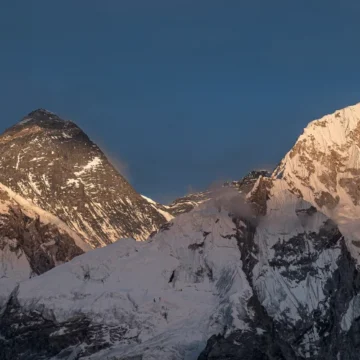
Trekking vs Hiking: The Meaning and Differences
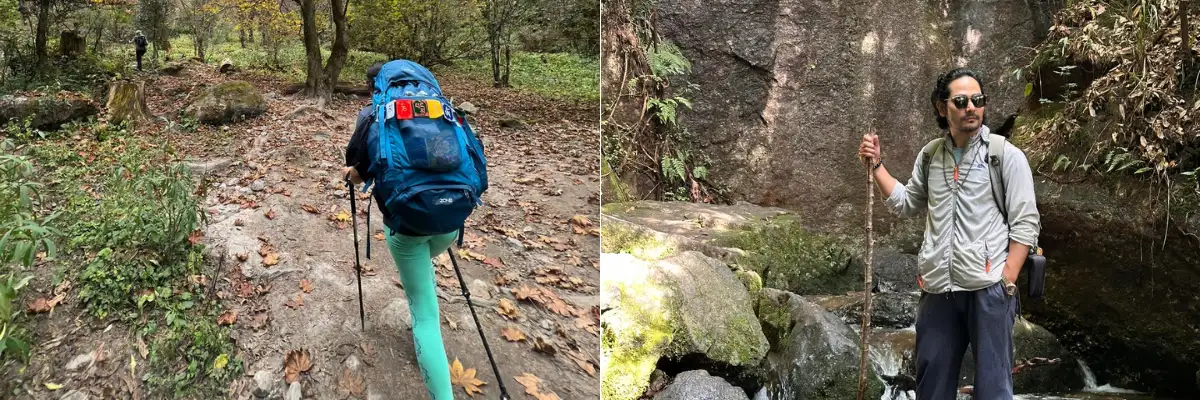
Table of Contents
Are you wondering about trekking vs hiking and are not able to decide which one is suitable for you? While both are adventurous sports that involve the exploration of natural beauty and cultural values on foot, they differ in duration, intensity, preparation, etc.
For any outdoor enthusiast, whether a beginner or a seasoned traveller, both these activities offer serene views of majestic mountains, picturesque villages, rivers, and so on.
First, understanding trekking vs hiking is necessary so that you can have a safe and comfortable trip.
The Meaning of Trekking and Hiking
Trekking vs hiking is a hot and confusing topic among outdoor adventurers. Let’s discuss each one of them briefly.
What is Trekking?
Trekking is a long and challenging task on rugged terrain in the Himalayas of Nepal. Trekkers have to walk past the forests, rivers, and rocky landscapes, sometimes requiring camping too.
Trekking is more than just walking; it’s a testament to your endurance, proper planning, preparation, and preparedness for any unseen conditions. During this activity, trekkers can stay either in basic teahouses or might have to camp.
What is Hiking?
As compared to trekking, hiking is a shorter and easier activity. Hikers need to walk along marked trails, hills, natural river crossings, parks, lakes, etc. Hikes are normally completed in a few hours to 1 or 2 days.
The hiking route is usually well-marked and maintained. Further, hiking does not require excellent physical training or heavy gear.
Typically, hikes are done so as to prepare for trekking. So, hiking is a perfect activity that is accessible and achievable for all adventurers. This allows the visitor to explore all the natural beauties within a short interval of time.
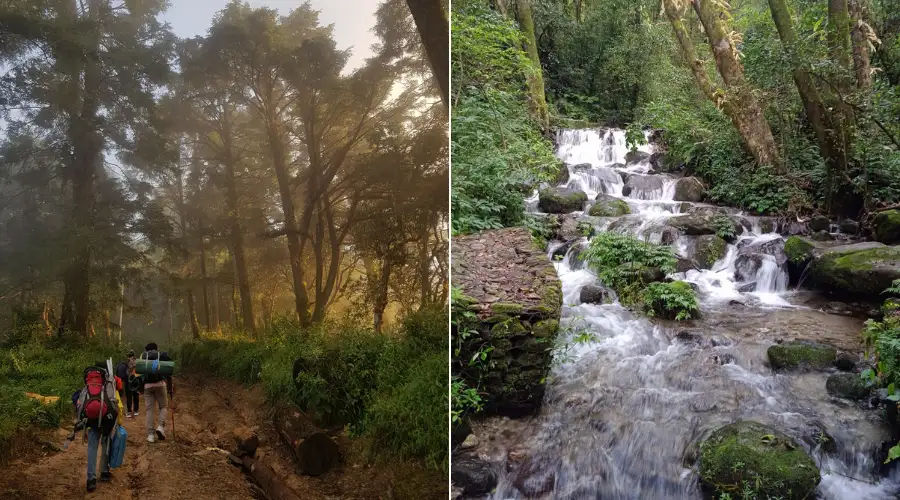
What’s the Difference Between Trekking and Hiking?
Though you might argue between trekking vs hiking, which one suits your physical fitness, both involve walking in a natural setting. However, these might be completely different in terms of duration, terrain, and purpose.
Let’s see through the difference between hiking and trekking. Then, you can decide which one is ideal for you.
| Feature | Trekking | Hiking |
| Duration | Several Days | A few hours to a day |
| Difficulty | Challenging | Moderate |
| Terrain | Rough, remote, challenging | Marked trails |
| Gear Required | Sleeping bag, trekking boots, extra clothes, etc. (sometimes camping gear) | Lightweight shoes, water, snacks, etc. |
| Accommodation | Teahouse or camping | Return back to home/teahouse |
| Physical Demand | A good fitness level is required | Moderate fitness required |
| Purpose | Adventure and exploration | Leisure, recreation, exercise |
| Cost | Expensive | Cheap |
Walking vs Hiking vs Trekking
Usually, people claim walking is the same as trekking and hiking, as both of them include walking.
However, simply walking refers to the basic form of movement where a person moves at a steady pace on a plain or somewhat inclined path. It is a kind of day-to-day activity and does not require any preparation or special training.
On the other hand, hiking is a more planned and adventurous form of walking. Usually, trekkers prefer to hike to certain points along forests, hills, or mountains.
Meanwhile, trekking is the most challenging activity among the three. It’s a continuous form of walking in the remote, rugged terrains in the mountains of Nepal, from 1 week to 1 month.
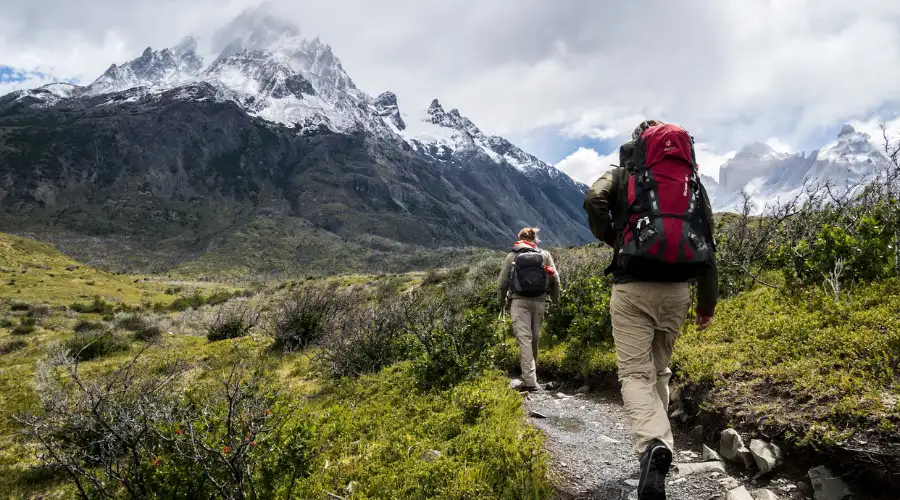
Mountaineering vs Hiking
Now, mountaineering vs hiking is a different topic.
Mountaineering is a highly challenging activity that requires perfect physical and mental fitness, technical climbing skills, high-quality mountaineering gear, and so on. Unlike hiking, which can be done in a day, mountaineering can last for a few weeks to months. Even more, you will require knowledge of climbing and the ability to handle extremes of weather and landscapes.
While hiking is nothing of such kind. You can leisurely walk at your own pace without requiring any special training. Nevertheless, it is always better to be prepared for a safe and memorable experience.
Famous Trekking Quotes
- “It’s not the mountain we conquer, but ourselves.” – Sir Edmund Hillary (first person to summit Mount Everest)
- “Trekking is not escape but a return to essence.” – John Muir (a Scottish-American naturalist)
- “The journey of a thousand miles begins with a single step.” – Lao Tzu (Chinese philosopher)
- “Take only memories, leave only footprints.” – Duwamish (19th-century leader of the Pacific Northwest native American tribe)
- “Every mountain top is within reach if you just keep climbing.” – Barry Finlay (author of bestselling book – Vanishing Wife)
- “Do not follow where the path may lead, go instead where there is no path and leave a trail.” – Ralph Waldo Emerson (American literature)
- “In the debate of trekking vs hiking, both lead to unforgettable memories” – General Quote
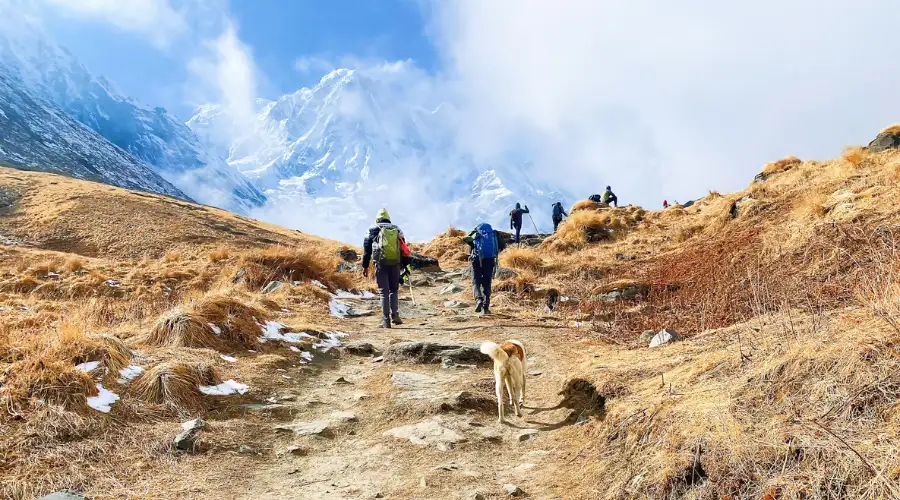
Final Thoughts
Both trekking and hiking are incredible experiences. They have their own beauty and importance, while they differ in many aspects.
Hiking is a great way to enjoy nature with less effort, while trekking is a challenging, demanding journey. Whether it be for a relaxing hike or an adventurous trek, both of these activities offer one-of-a-kind experiences and a connection with nature and locals.
The ultimate choice is yours; choose what it is that you want, trekking vs hiking.
For well-organized, safe and comfortable treks in Nepal, do remember Himalayan Masters. Himalayan Masters is the best trekking company in Kathmandu, Nepal. We assure you that you are going to enjoy every moment with us while you are in the Himalayas.
Want to know more?
Speak to an Expert





Sandip Dhungana
Nepal 🇳🇵
Whatsapp: +977-9823636377

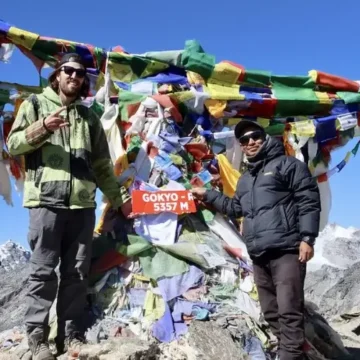
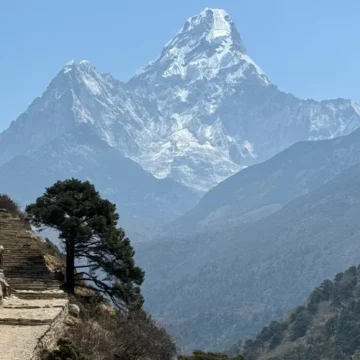
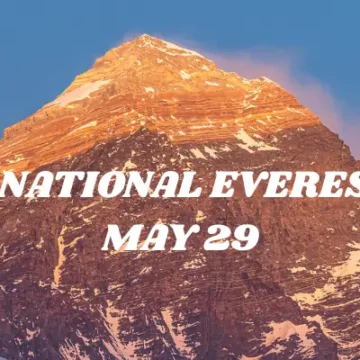
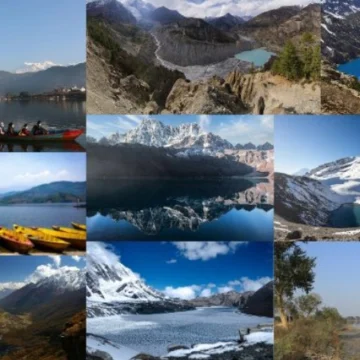


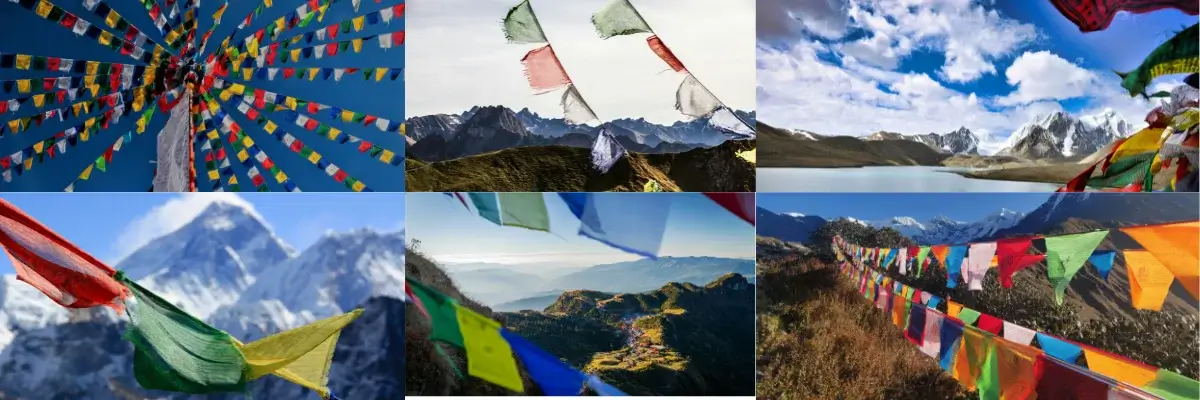

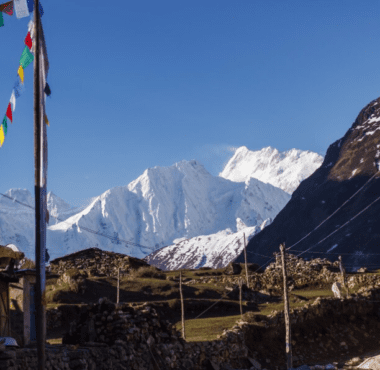
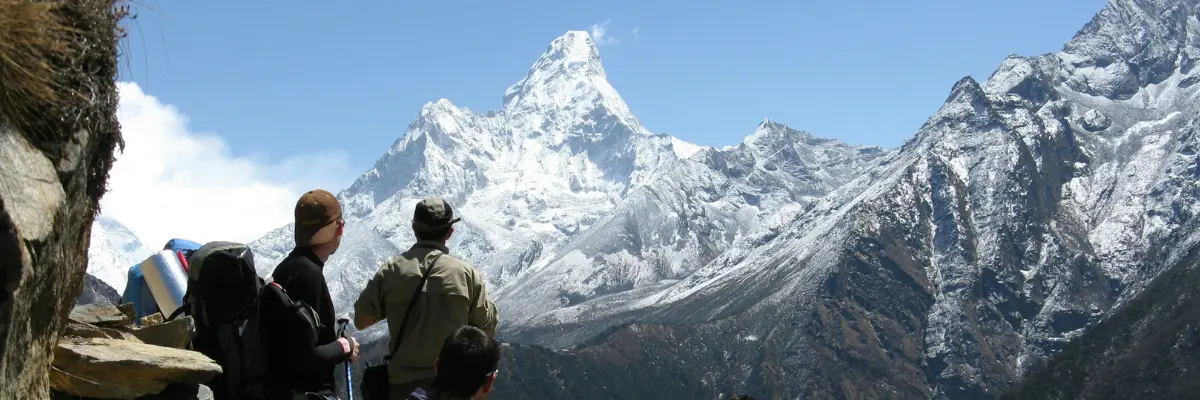
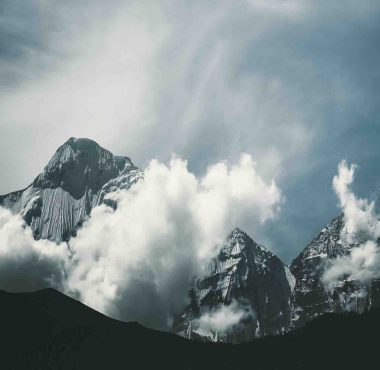











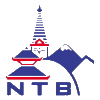


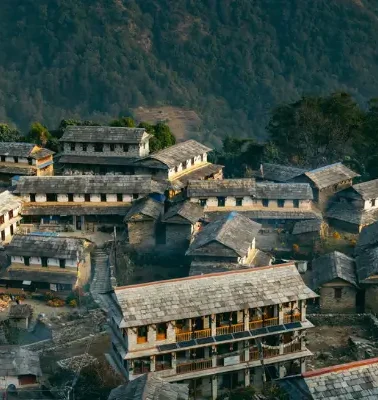
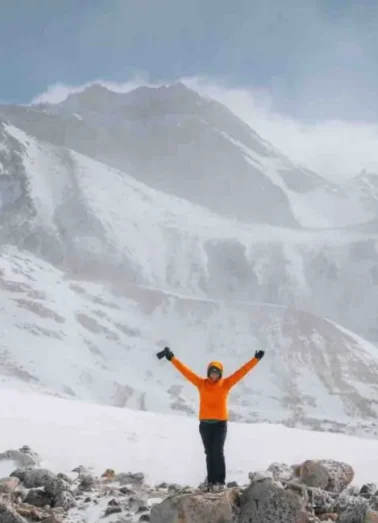
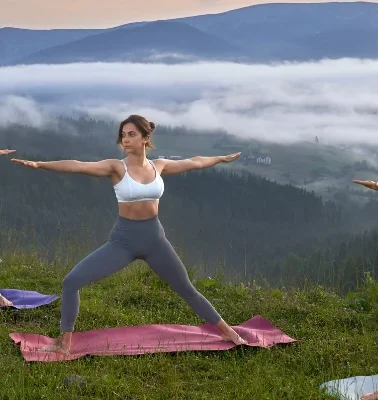
Leave Your Comment